Table of Contents
Imagine your car unexpectedly turning off while you’re driving – pretty scary, right? Well, we’re here to help you understand why this happens and what you can do about it. This article breaks down the common reasons behind your car randomly shutting off, gives you simple ways to fix and prevent it with regular car care, and shares steps to keep you and others safe when it happens in traffic.
So, let’s talk about cars suddenly shutting off on the road. It usually comes down to the engine being touchy when idling, often because of issues like a wonky throttle body or a mix of fuel that makes the idle drop too low. But don’t worry, we’re not just here to tell you the problem – we’re here to give you easy solutions.
Stay with us to find out the usual suspects behind your car acting up and get straightforward tips to sort them out. We want to make sure you not only understand why your car shuts off but also know what to do about it and how to stop it from happening again. Let’s dig into the simple fixes and keep you cruising safely on the road.
- A bad crankshaft position sensor
- Other sensor issues in the engine
- A faulty fuel system
- A faulty alternator
- Malfunctioning ignition switch
- Empty fuel tank
- And some more…
Faulty Crankshaft Position Sensor
A common reason for a car turning off while driving is a malfunctioning crankshaft position sensor. This sensor plays a crucial role in monitoring various engine components, such as the crankshaft, valves, and pistons. It tracks the speed and position of the crankshaft, aiding in optimal timing for fuel injection and ignition.
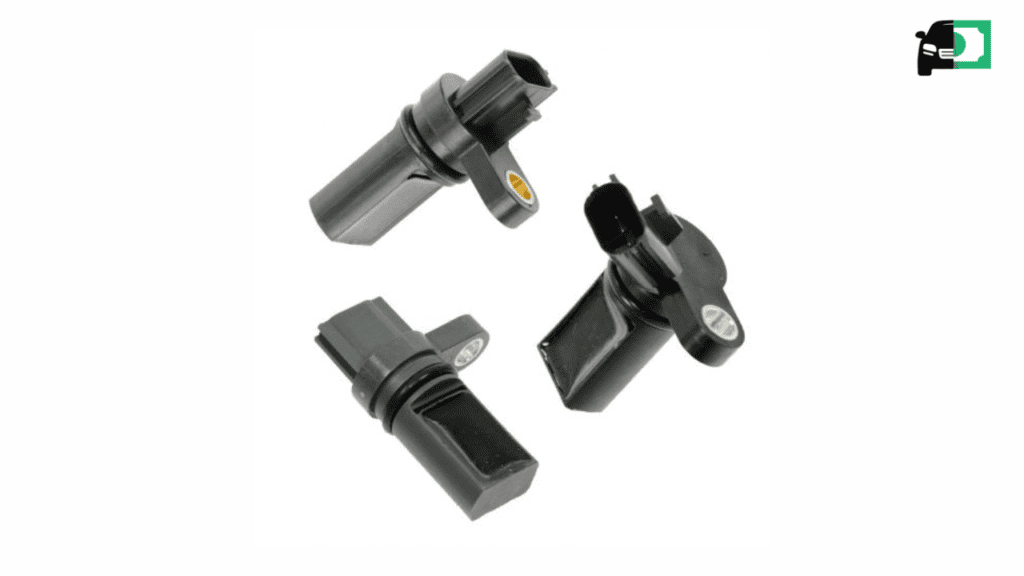
To address this issue, it is advisable to consult a professional mechanic who can perform tests to determine if the crankshaft position sensor is the culprit. Swift replacement of the faulty sensor is recommended.
A malfunctioning crankshaft position sensor may trigger the check engine light to illuminate. Additionally, an indicator of sensor issues is irregular functioning of the tachometer, the gauge usually situated beside the speedometer on the dashboard, responsible for displaying the car’s RPMs. Addressing these symptoms promptly is crucial for the proper functioning and safety of your vehicle.
Running Out of Fuel
If your vehicle lacks fuel, it will cease to operate while in motion. The absence of fuel renders the car unable to run. Rather than assuming a mechanical failure, it is advisable to verify the fuel level. This situation commonly arises due to negligence or underestimation of the fuel capacity.
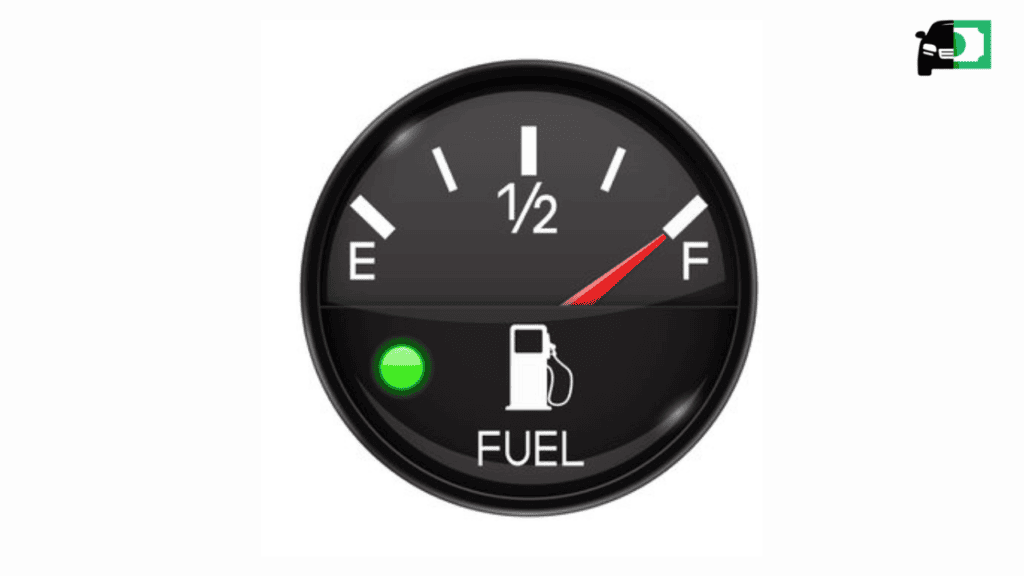
The engine shutdown can occur either because of a genuine lack of fuel or as a result of a malfunctioning fuel gauge. It’s important to note that a malfunctioning fuel gauge may not provide any warning, leading to an inaccurate indication of the fuel level and a subsequent shutdown due to insufficient fuel. Additionally, a frozen fuel line can also contribute to the car coming to a stop. Regularly checking and maintaining the fuel level and related components is essential for preventing such unexpected shutdowns while driving.
Faulty Engine Control Unit
A faulty Engine Control Unit (ECU) can be a significant factor leading to a car shutting down while driving. The ECU, also known as the engine control module, is responsible for managing various aspects of the engine’s performance, such as fuel injection timing and air-fuel mixture. If the ECU malfunctions, it can disrupt these critical functions, causing the engine to shut down unexpectedly.
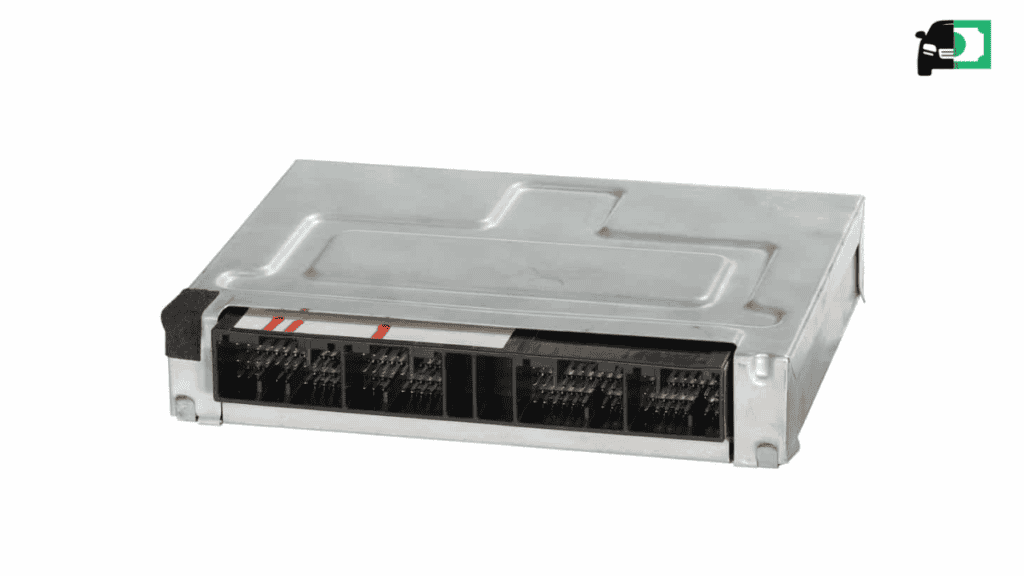
A malfunctioning ECU may result from electrical issues, sensor failures, or software glitches. Electrical problems such as damaged wiring or poor connections can interfere with the ECU’s ability to receive and process data accurately. Sensor failures, which could include components like the crankshaft position sensor or mass airflow sensor, can also impact the ECU’s ability to make precise adjustments to engine parameters. Additionally, software glitches or corruption in the ECU’s programming can lead to erratic behavior, including sudden engine shutdowns. If a faulty ECU is suspected as the cause of a car shutting down while driving, it is crucial to have a qualified technician diagnose the issue and, if necessary, reprogram or replace the ECU to ensure the vehicle’s proper functioning.
Faulty Ignition Switch
When you turn the key to start your car, the ignition switch, located behind the ignition lock, undergoes a rotational movement. Within the ignition switch are numerous small metal plates that can accumulate rust over time.
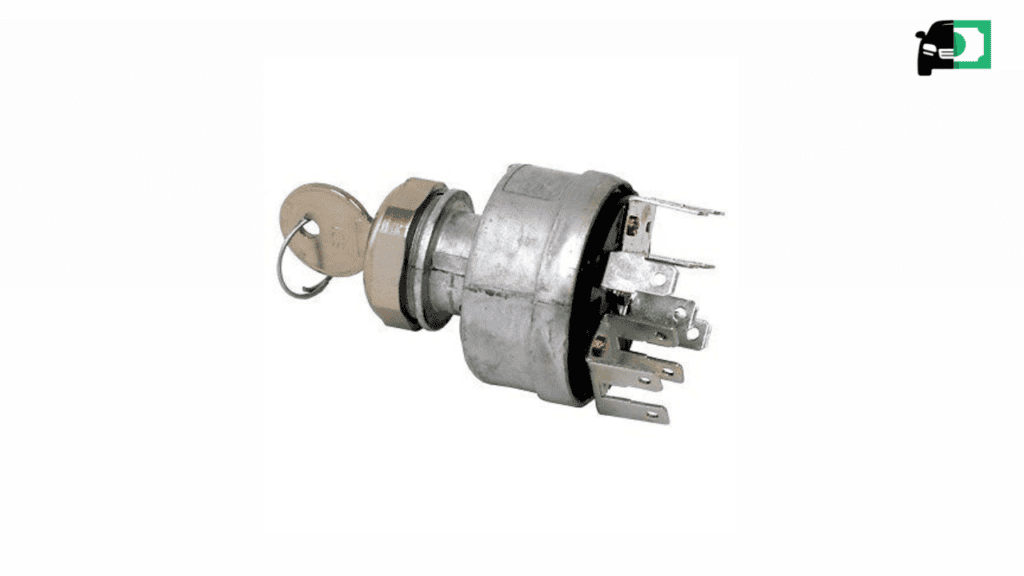
The development of rust on these plates can lead to a loss of connection, causing the entire ignition system to switch off abruptly while driving. Alternatively, a malfunction in the ignition relay can disrupt the mechanism controlling the flow of electricity, resulting in a sudden engine shutdown.
Fortunately, diagnosing whether a faulty ignition switch is the cause of your car shutting off randomly while driving is relatively straightforward. When the vehicle stalls, check if the dashboard lights are still illuminated. If the instrument panel is inactive, a faulty ignition switch is a likely culprit. Additionally, insert your car keys into the ignition after the shutdown and attempt to turn them. If the engine fails to start, it is probable that the ignition switch is experiencing a malfunction. In such cases, prompt attention to the ignition system is essential to ensure the continued reliable operation of the vehicle.
Faulty Spark Plugs
If your car suddenly stops while you’re driving, it could be because of worn-out or broken spark plugs. Spark plugs play a vital role in making the fuel in your engine ignite. If they’re not in good condition, your car won’t run properly. To avoid this issue, it’s a good idea to have a reliable mechanic regularly check and replace your spark plugs. Also, keep an eye on your car’s air filter and replace it if it’s dirty.
Even if only one spark plug is faulty, your car can still start and move. But if more than one spark plug is not working well, your car might start but won’t run for long. Multiple bad spark plugs can make your engine stall and shut off while you’re driving.
Before your car completely stops, there are signs to watch out for, like reduced engine power, slow acceleration, engine misfires, and knocking sounds. If you notice these signs, it’s easy to check if you have a bad spark plug—just find them and take a look. Regular checks and timely replacements can help you avoid unexpected issues on the road.
Electrical Cable Failure
Electrical cable failure can be a significant issue affecting the performance of a vehicle. In a car, electrical cables play a crucial role in transmitting power and signals to various components, including the engine, lights, sensors, and other electrical systems.
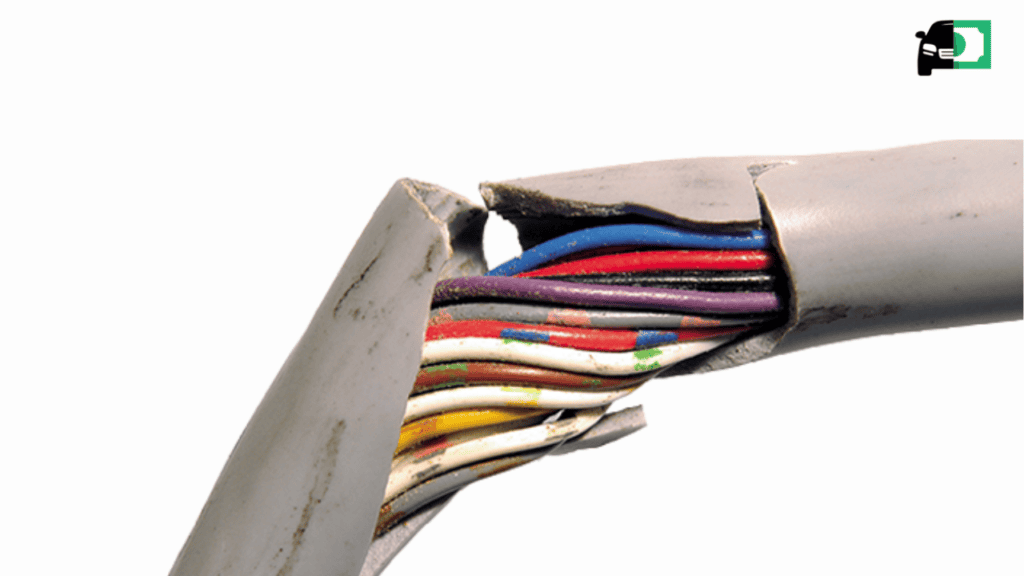
When there’s a failure in the electrical cables, it can lead to disruptions in the proper functioning of these components. The reasons for electrical cable failure can vary and may include factors such as wear and tear, exposure to extreme temperatures, corrosion, physical damage, or manufacturing defects.
Symptoms of electrical cable failure in a car may manifest as intermittent electrical issues, malfunctioning lights, difficulty starting the engine, or the vehicle stalling while driving. Identifying and resolving electrical cable problems requires careful inspection by a qualified automotive technician. They may need to trace the cables, check for visible damage, perform continuity tests, and use diagnostic tools to pinpoint the exact location and nature of the failure.
Regular maintenance, visual inspections, and addressing any signs of wear or damage promptly can help prevent electrical cable failures and ensure the reliability and safety of the vehicle. If you experience electrical issues in your car, seeking professional assistance is advisable to diagnose and rectify the problem effectively.
Solutions If The Car stopped while driving
If your car turns off while you’re driving on the highway, it’s important to stay safe and take the right steps:
Pull Over Safely:
- Stay calm and don’t panic.
- Move your car to the side of the road to avoid any accidents.
- Use your emergency brake if needed to stop safely.
Try Restarting Your Car:
- Once safely on the side, try starting your car again.
- If it starts, head to the nearest auto repair shop for a checkup.
Use Emergency Lights:
- If you can’t restart, use your emergency flashers to warn other drivers.
- This signals that your car is not moving and helps prevent accidents.
Seek Assistance:
- If you can’t restart, call for roadside assistance (use the emergency number).
- If your phone isn’t working, the police can help contact roadside assistance.
- If your car starts again, use an OBD2 scanner to check for any issues with the engine control unit.

